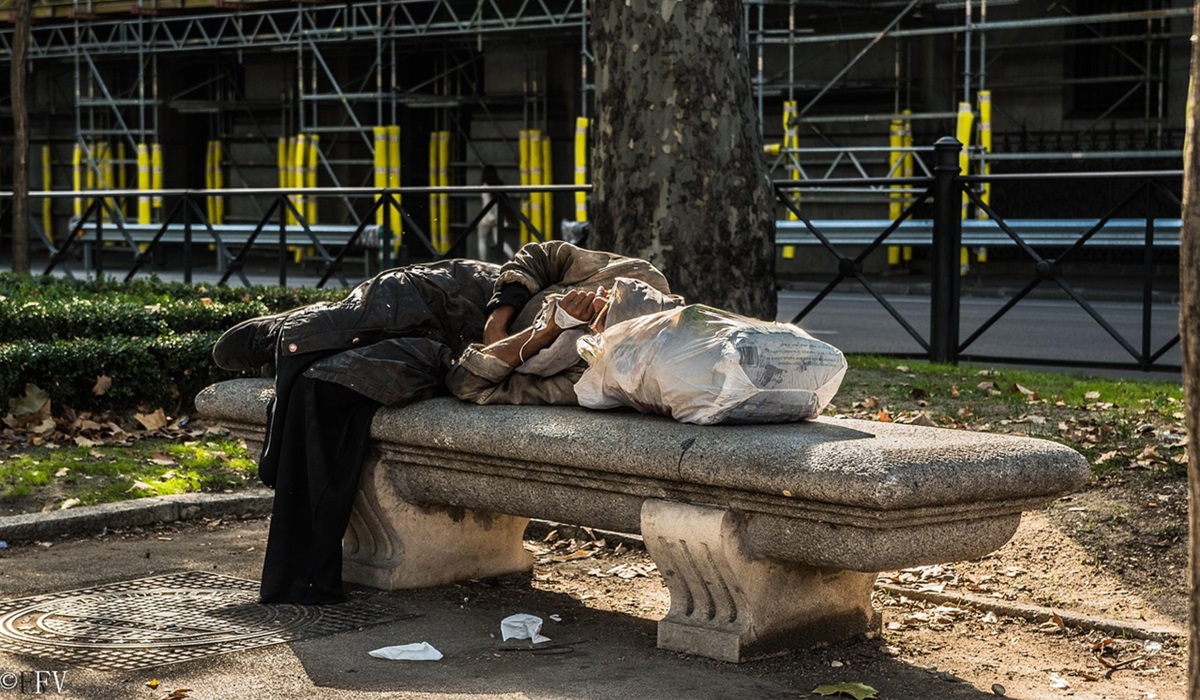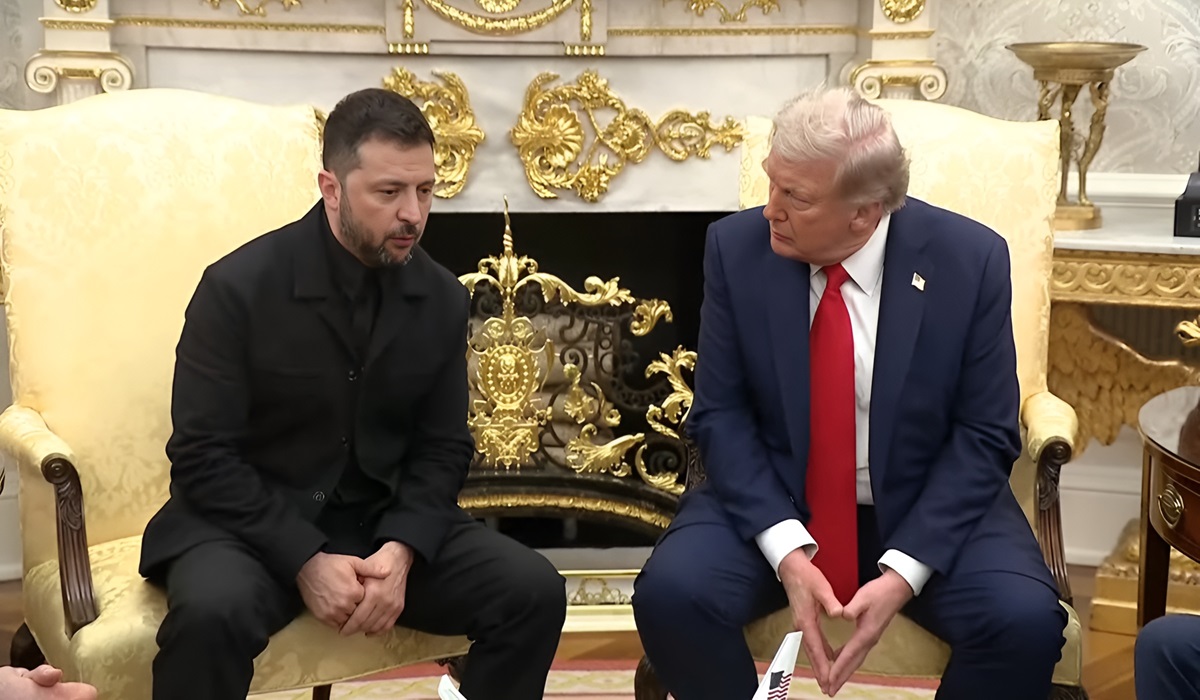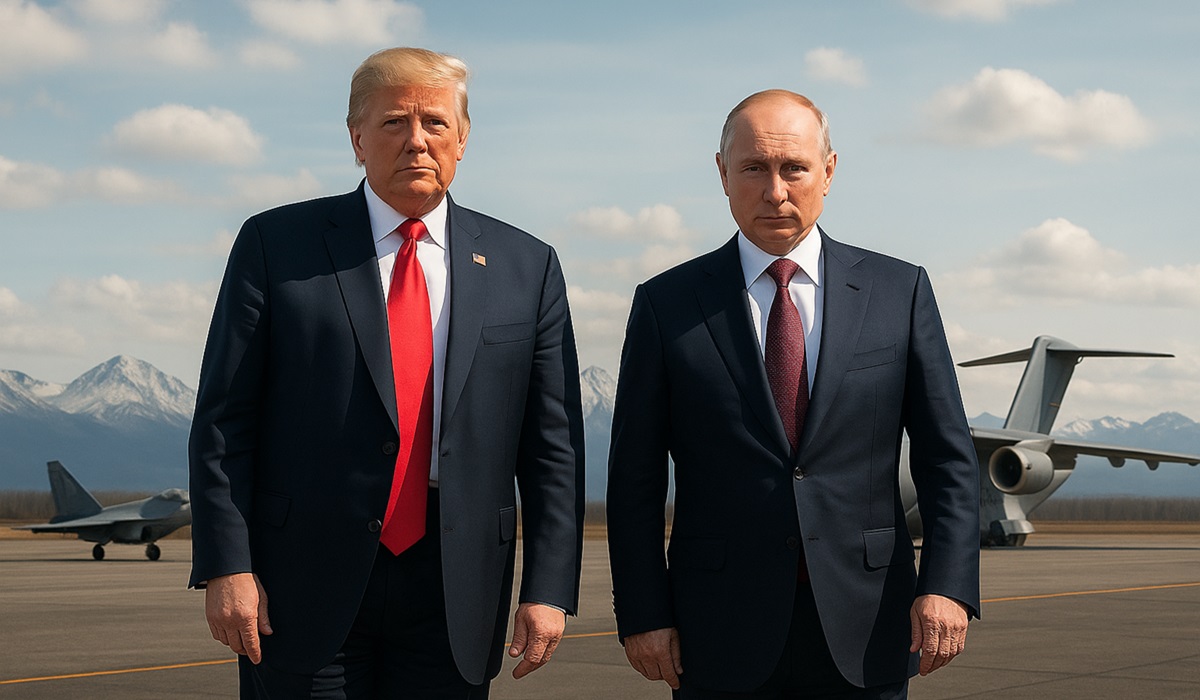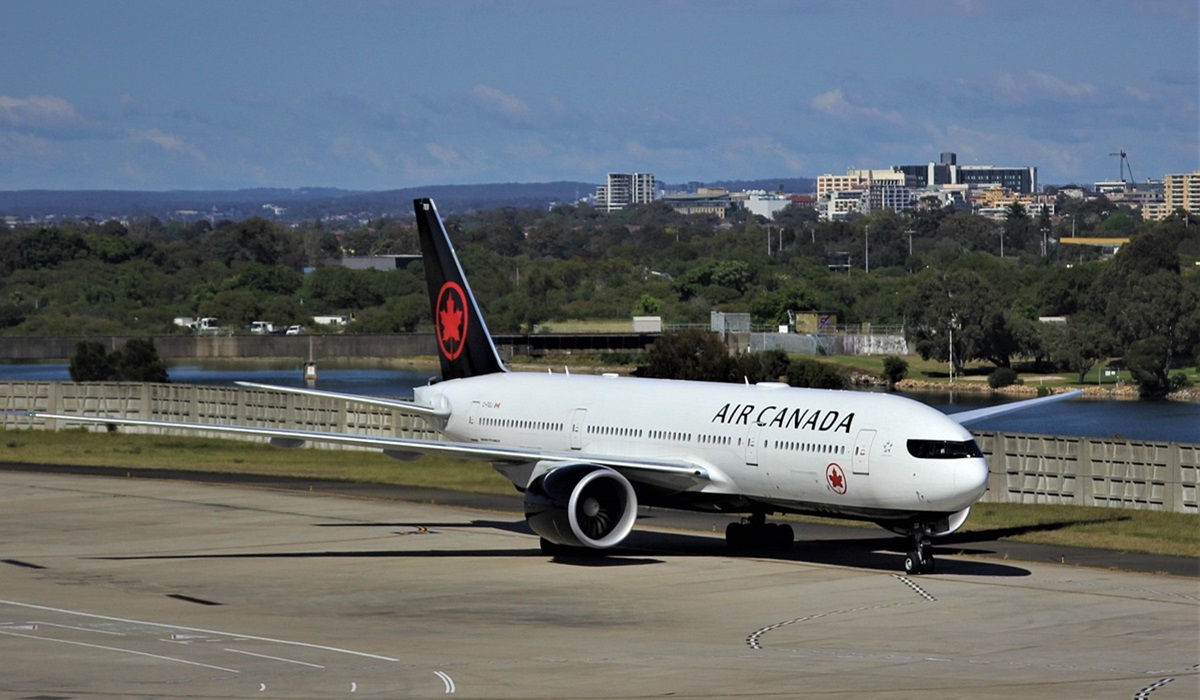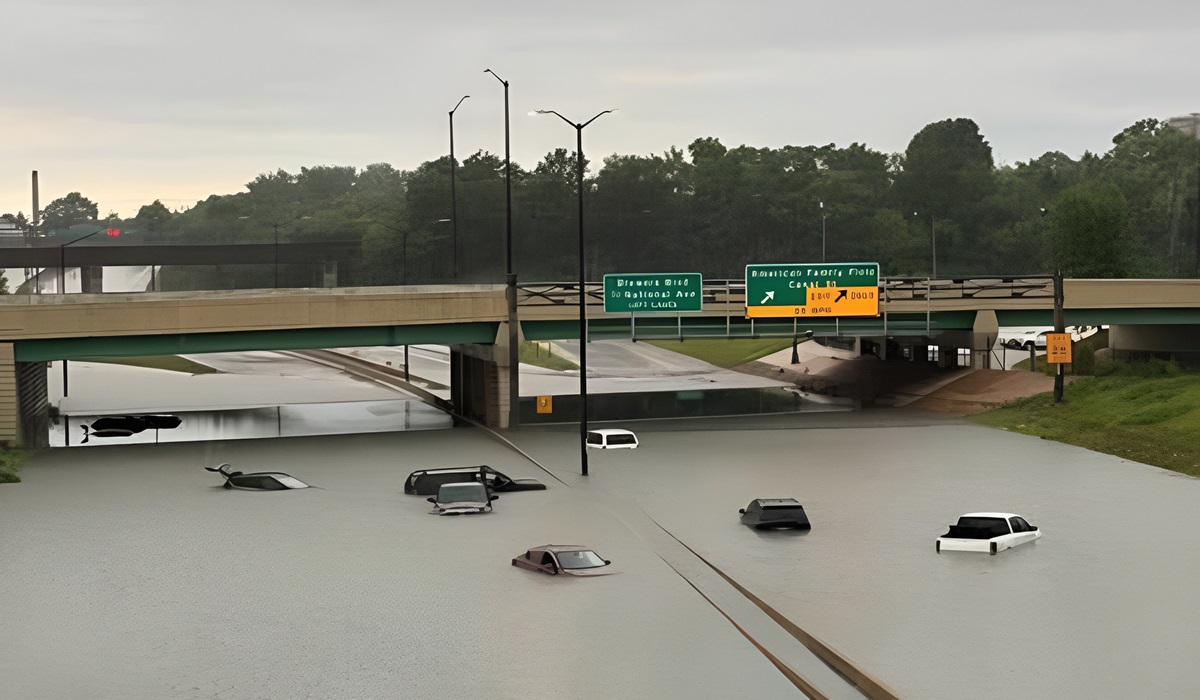Canada on the Brink: What Happens If the Liberal Minority Government Falls
- TDS News
- Breaking News
- June 6, 2025
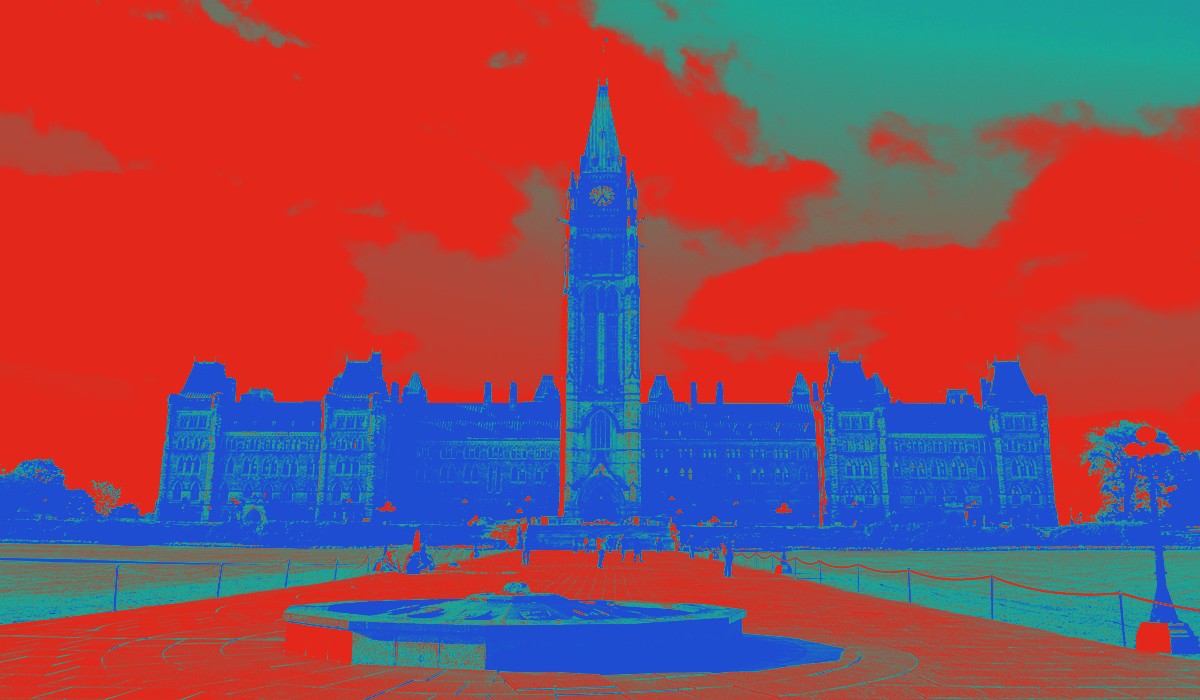
Canada’s political landscape is teetering on the edge of seismic change. After failing to secure a majority government, the ruling Liberals now find themselves cornered by a united opposition, one vote away from collapse. The issue at hand? The federal budget — a foundational pillar of any government’s legitimacy. If it’s voted down by the other parties acting together, the fallout could redraw the entire political map of the country, upend cabinet positions, and even put the fate of would-be Prime Minister Mark Carney into question before he even gets a proper seat at the table.
This scenario, while rare, is not without precedent in Canada’s parliamentary democracy. When a minority government’s budget fails to pass the House of Commons, it constitutes a loss of confidence. Under parliamentary convention, this means the government has lost the mandate to govern — and the Governor General must act.
The budget is more than just a ledger of revenue and spending — it’s a test of whether the government can continue to command the confidence of the House. A loss on this front signals the collapse of the government. In a majority scenario, this is unlikely. But in a minority, every vote matters — and the numbers simply aren’t adding up for the Liberals.
If the budget is defeated, the Prime Minister — in this case, Mark Carney — has two choices: ask the Governor General to dissolve Parliament and call a new election, or resign and allow a coalition of opposition parties to take over. If the latter happens, the Governor General can appoint a new government led by the coalition, bypassing an election entirely.
The New Democratic Party (NDP), which recently lost official party status after a historically poor showing at the polls, is now adrift. Their former leader Jagmeet Singh resigned after failing to win re-election, leaving the party without a clear direction — or a leader. In the wake of that loss, the NDP had approached the Carney-led Liberals to request changes to the rules governing party status — a last-ditch effort to retain some relevance in the House of Commons. That request was flatly denied.
Now, there’s increasing speculation that the NDP could become a key player in an opposition coalition. While they never asked to be part of the governing cabinet, their involvement in toppling the Liberals could secure them meaningful leverage in a new government. With the right deal, they might be awarded two to three cabinet seats — and in a more aggressive scenario, perhaps even all seven that would typically go to a junior partner in a coalition.
However, without a permanent leader at the helm, the NDP would likely need to install a fresh face — one acceptable to both the Conservatives and the Bloc Québécois — to cement their place at the new governing table. It’s an act of political rebirth, forged in the heat of revenge.
As acclaimed Canadian author and former Winnipeg mayoral candidate Don Woodstock — best known for Unrelenting, the book that helped spark the national plastic bag ban — put it:
“Politics is messy, and the situation makes for strange bedfellows — but I’m for it if it means getting the Liberals out of power.”
Mark Carney’s political ambitions may go up in smoke before they even get properly underway. In the event the budget is defeated, Carney would almost certainly have to resign as Prime Minister. As per Canadian custom, he wouldn’t disappear from Parliament — he’d remain a Member of Parliament, but stripped of power and prestige. For a man heralded as the technocratic savior of the Liberal Party, such a fall would be politically brutal.
Worse still, all current cabinet ministers — sworn in mere weeks ago — would immediately lose their jobs. That’s not just a reshuffling; it’s a bloodbath.
For everyday Canadians, the consequences are far-reaching. A defeated budget and collapsing government can delay key programs, economic supports, and public services. Investors get jittery. International trade partners watch with caution. And for Canadians already fatigued by inflation, healthcare backlogs, and housing crises, more political instability is the last thing they need.
Even worse is the looming nuclear option: yet another election. Sending Canadians back to the polls just weeks after a national vote would likely spark public outrage — and ironically, that backlash could hand the Liberals the very majority they failed to secure in the first place. Many voters would simply punish the coalition parties for creating chaos, potentially swinging undecideds back into Liberal hands.
If the coalition does succeed, and the Conservatives take power, Pierre Poilievre becomes Prime Minister — but there’s a constitutional twist. Poilievre doesn’t currently hold a seat in Parliament. That means he cannot answer questions in the House, pass legislation directly, or even fully perform his duties without a workaround.
The typical solution would be for a sitting MP from a safe Conservative riding — likely in Alberta — to resign, triggering a by-election so Poilievre can run. But don’t expect that. Political insiders suggest Poilievre will avoid forcing another election at all costs and may simply govern from the sidelines until the next natural electoral cycle. It’s legally permissible, but politically awkward.
The Bloc Québécois stands to gain the most from this upheaval. With the balance of power tipping in their favour, they could extract major concessions in exchange for keeping the coalition afloat. These might include:
- Increased provincial autonomy, especially in immigration policy.
- Greater French-language protections in federal institutions.
- Exemptions from national carbon pricing schemes.
- Revisions to equalization formulas to benefit Quebec.
- Expanded support for Quebec’s energy and environmental projects previously stalled under Trudeau.
These are not hypothetical demands. They were all on the Bloc’s wish list during Trudeau’s tenure — and now, the Conservatives may be more willing to deal, just to stay in power.
Expect international trade policy to shift dramatically under a new government. Trudeau’s Liberals had been pursuing ambitious environmental trade clauses, digital economy frameworks, and updated Indigenous trade partnerships. The Conservatives, however, may tear these up in favour of traditional energy exports, pipelines, and lower regulatory barriers.
Don’t expect continuity. Expect a reset.
Canada is staring down a cliff-edge of political instability. In the days ahead, every statement, every vote, and every backroom negotiation matters. The opposition has the numbers. The Liberals don’t have the goodwill. And the public is bracing for yet another round of political drama.
If the budget is defeated, and the coalition takes power, it would mark one of the most stunning reversals in Canadian political history. If an election is called, it could backfire on the opposition and hand the Liberals a fresh — and possibly final — majority.
Whatever happens, the next few days may very well decide the future of Canada’s leadership, its economy, and its role on the world stage. Strap in. This ride’s just getting started.


